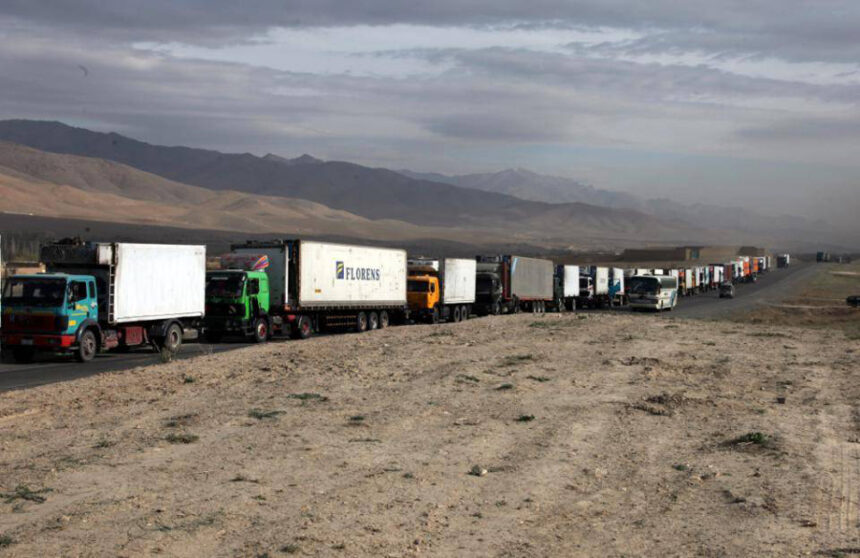The Walvis Bay Corridor Group (WBCG) has appealed to truck drivers to recommit to safe and responsible driving practices, following numerous complaints lodged by other road users.
This matter was additionally recently raised by works and transport minister Veikko Nekundi during engagements with the WBCG’s board and management.
The minister was particularly concerned about certain unsafe practices observed on Namibian roads, highlighting the need for immediate attention and corrective action.
One key concern is the increasingly unsafe practice of trucks travelling in convoys without maintaining safe following distances, which poses a serious risk to the safety of other road users.
This behaviour increases the risk of rear-end collisions and limits visibility, making safe overtaking difficult.
Truck drivers travelling in conveys must make provision for adequate spacing between trucks to allow for safe overtaking, and reduce the risk of accidents.
Furthermore, Nekundi pointed to the misuse of high beam headlights by some truck drivers, particularly at night, which poses a serious hazard to oncoming vehicles and increases the potential of accidents.
“We urge all our relevant stakeholders in the transport and logistics’ industry to re-engage and educate their truck drivers on the importance of maintaining safe following distances, and using headlights responsibly.
“Road safety is a shared responsibility. Proactive communication and reinforcement of good driving habits are crucial in fostering a culture of safety on our roads,” said Mbahupu Tjivikua, WBCG’s CEO.
“We also take this opportunity to commend and appreciate the ongoing efforts of key stakeholders, such as the Namibian Police Force, Roads Authority, Motor-Vehicle Accident Fund, Automobile Association of Namibia, Namibia Road Safety Forum and National Road Safety Council as well as their counterparts in neighbouring countries, who continue to play a vital role in educating all road users on road safety practices.
“Their partnership and commitment are instrumental in promoting responsible driving and safety for all road users, in line with the Second Decade of Action for Road Safety Strategy 2021-2030 of the World Health Organisation (WHO),” Tjivikua added.
Commenting on the prevalence of trucking convoys on national roads, a social media user on the West Coast Safety Initiative said: “Not a problem sharing our roads with trucks, but surely it is a problem when they are driving in convoy format.
Road users get impatient when they are stuck behind these convoys, and then they start taking unnecessary risks”.


